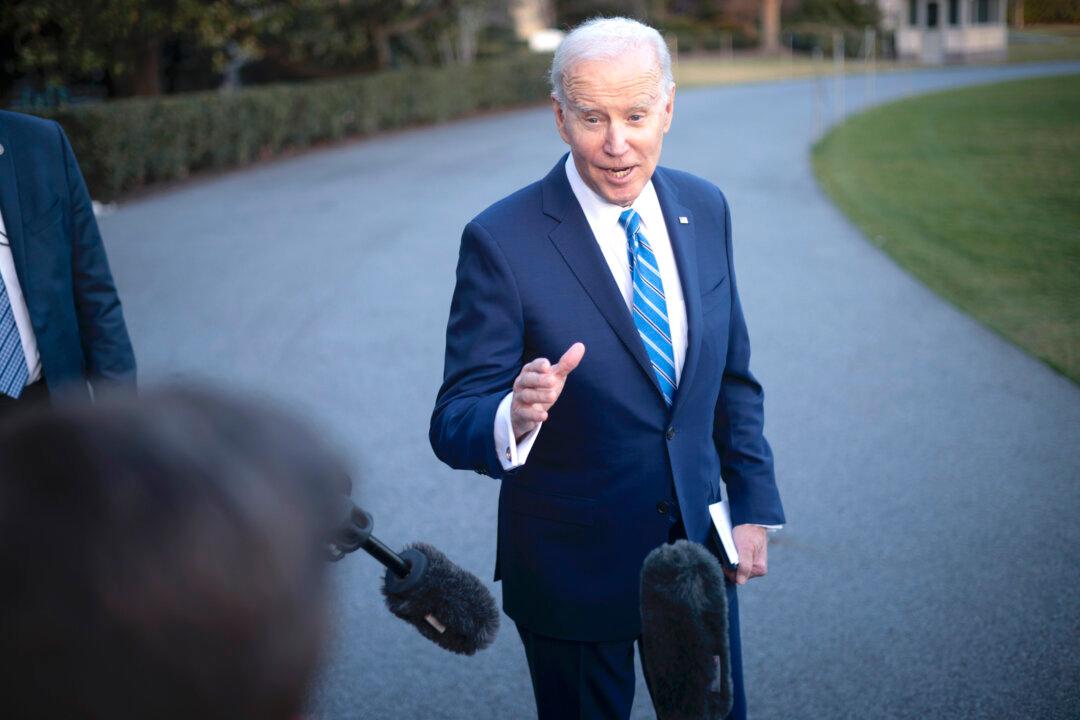President Joe Biden is set to release his $6.9 trillion budget for fiscal year 2024 that calls for significant tax increases for wealthy and corporations, cost-cutting measures for families, and more investment in American manufacturing and technology.
Biden will unveil his budget proposal on Thursday afternoon at a union hall in northeast Philadelphia, in what is anticipated to be a campaign-style event.





